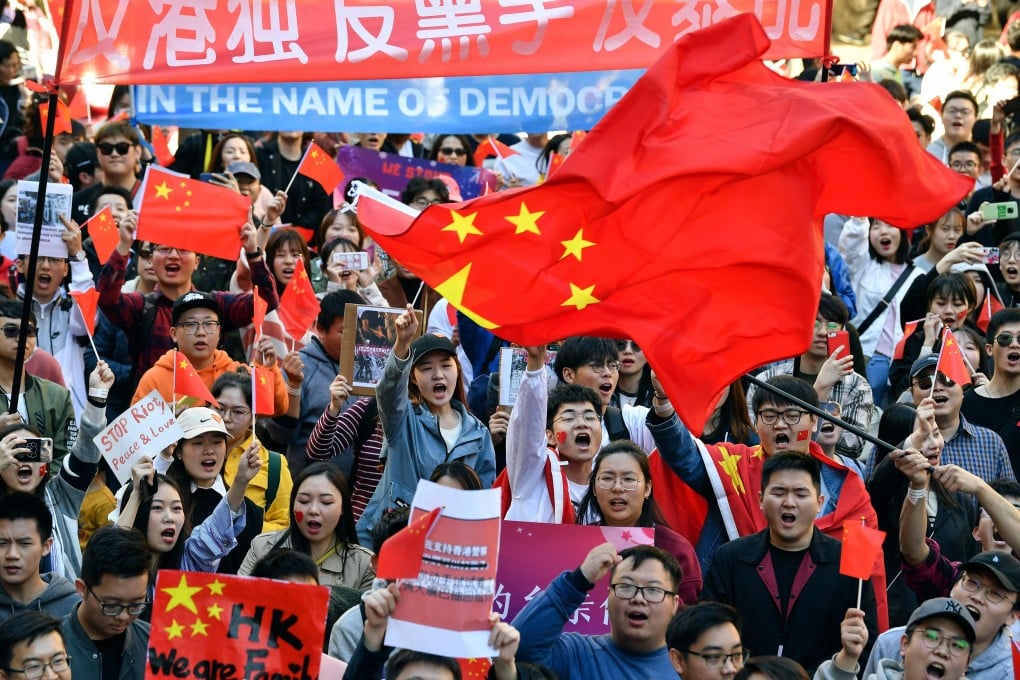Opinion | What does loving China mean? The Communist Party decides
- The Communist Party version of nationalism precludes differences of opinion on official policies in Xinjiang and the South China Sea, enlisting the support of ethnic Chinese everywhere
- History, however, shows that doctrines and heroes of one period are denounced and discarded by the next

“My country, right or wrong” seems to be the mantra to which Chinese people must adhere whether via indoctrination in schools or by command of the national security law. However, noted the British writer G.K. Chesterton in a 1901 essay, that phrase was “the last thing” that a true patriot would say. Patriotism involved principles and behaviour, not to be conflated with the specific actions of one’s national government.
Thus, were the many in Britain who opposed 19th-century imperial expansion such as the war by which it acquired Hong Kong unpatriotic? Indeed not. Neither were the Germans who opposed the 1939 invasion of Poland, or Americans opposed to the invasion of Iraq. Only the most rabid jingoists saw criticism of such excesses of nationalism as unpatriotic.

03:03
Hong Kong publishers resort to self-censorship under new security law
Marx and Lenin were critics of imperialism, and the Chinese Communist Party followed suit. But, once in power, the communists retained, indeed set out to strengthen, the imperial systems inherited from the Tsars and the Qing.
